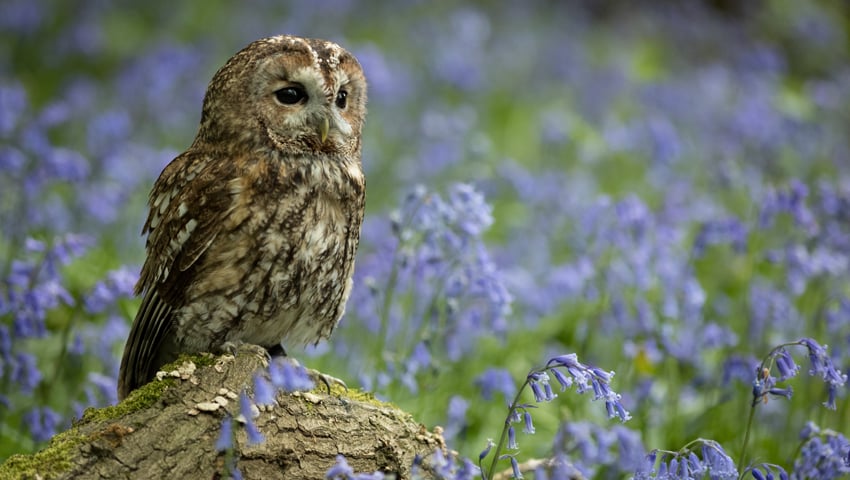Nature-friendly farmers and conservationists are calling on ministers to channel more funding into the Countryside Stewardship (CS) Higher Tier scheme, a crucial initiative enabling farmers to protect and enhance nature.
CS Higher Tier is the most ambitious level of Countryside Stewardship currently available, offering funding for complex, longer-term environmental projects that deliver the greatest benefits for nature.
The NFFN and RSPB say the scheme has already supported farmers in safeguarding vital habitats such as wetlands and meadows, providing homes for rare birds, invertebrates, and plants, while also reducing emissions and minimising the environmental impact of farming.
They are now calling for the scheme to be expanded, so that many more farmers across England can access support and replicate these successes. Scaling up the CS Higher Tier scheme is essential for meeting legally-binding targets to halt the decline of nature by the end of the decade.
To highlight the scheme’s impact, the organisations have released a series of videos featuring NFFN farmers. Among them is Martin Hole, who manages a Sussex farm with extensive wetlands, reedbeds and marshes.
Mr Hole said, “The CS scheme has been a fundamental part of how we have been able to manage these internationally-important wetlands and increase vegetation and bird numbers. We now have more than 20 dragonfly species and over 100 types of aquatic plant. There is still a lot more we can do for nature conservation on our farm, but we need the long-term investment from the Higher Tier scheme to continue this process.”
However, NFFN and RSPB warn that many farmers ready to do more for nature are being held back by strict limits on the number of CS Higher Tier applications accepted. With applications due to reopen this summer, the number of agreements still falls far short of what is needed to meet nature and climate targets.
With the sector still reeling from the abrupt closure of the Sustainable Farming Incentive (SFI) in March, the NFFN says ministers must urgently reform England’s Environmental Land Management scheme (ELMs) to ensure funding is better balanced across its three tiers: SFI, CS Higher Tier and Landscape Recovery.
Jenna Hegarty, NFFN head of policy, said, “Getting the Higher Tier right is crucial for the scale of change we need. Farmers are on the front line of the climate crisis and nature loss, but nature-friendly farming is a major part of the solution. Nature and farming are two sides of the same coin. By supporting nature, we protect our soils, clean our water and air, and produce high-quality food.
“The government must protect the farming budget through the end of this parliament. At the same time, farming ministers across the UK must ensure that public money delivers environmental improvements, and that ambitious, high-level schemes remain accessible to the farmers who want to go further for nature.”
The RSPB echoes the call, highlighting that as 70 per cent of England’s land is used for agriculture, empowering farmers to take bold actions to help nature thrive is vital for tackling biodiversity loss and the climate crisis.
Alice Groom, head of sustainable land use policy at RSPB England, said, “Countryside Stewardship Higher Tier is a vital lifeline for nature-friendly farming in our most treasured landscapes—supporting habitats for iconic species like the curlew and cirl bunting. But in recent years, too many farmers have struggled to access it, as funding and focus shifted to entry-level schemes. If we’re serious about hitting nature and climate targets, the UK Government must commit more of the farming budget to this scheme when it reopens this summer.”
